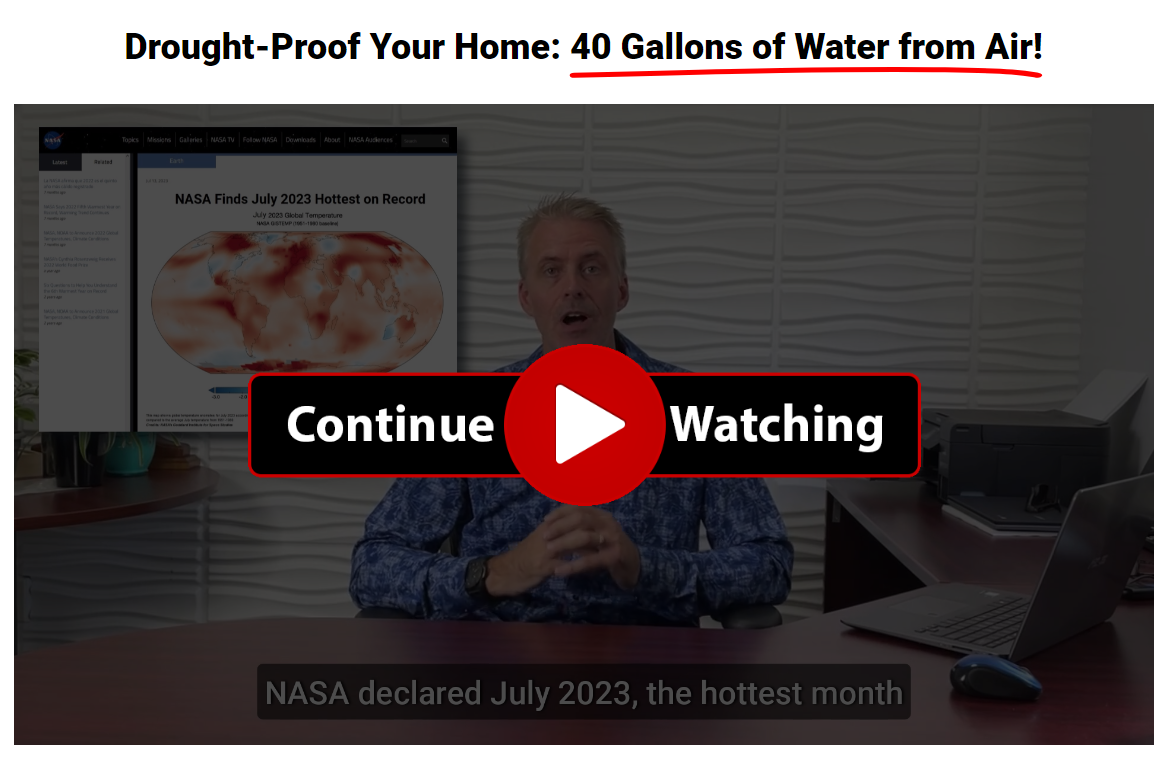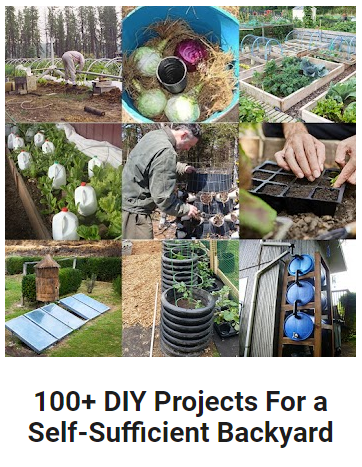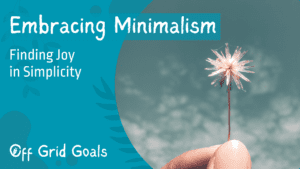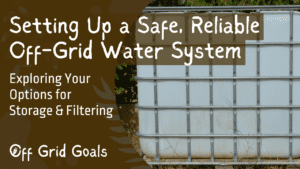In an era where sustainability and self-sufficiency are becoming increasingly important, many individuals are considering the leap to off-grid living. Central to this decision is the choice of power source. With an array of options available, from solar and wind to hydroelectric and generators, selecting the right solution can be daunting. In this guide, we’ll explore the various off-grid power options to help you make an informed decision tailored to your needs and circumstances.
Understanding Your Energy Needs
Before delving into the specifics of each power option, it’s crucial to assess your energy requirements. Consider factors such as the size of your household, daily energy consumption, geographic location, and budget constraints. This initial evaluation will provide valuable insights into which power sources are most suitable for your off-grid lifestyle.
Solar Power: Harnessing the Sun’s Energy
Solar power stands out as one of the most popular off-grid energy solutions for its reliability, scalability, and environmental friendliness. Solar panels convert sunlight into electricity, providing a sustainable and renewable energy source. Ideal for regions with ample sunlight, solar power systems can be installed on rooftops or in ground-mounted arrays. Additionally, advancements in battery storage technology allow for energy storage during periods of low sunlight, ensuring a continuous power supply.
Wind Power: Tapping into the Power of the Wind
Wind turbines offer another viable off-grid power option, particularly in areas with consistent wind patterns. These turbines harness the kinetic energy of the wind to generate electricity, making them a reliable source of renewable energy. While initial installation costs may be higher compared to solar, wind power systems can produce significant amounts of electricity, especially in windy regions. However, careful consideration of local zoning regulations and environmental impacts is essential before installing wind turbines.
Hydroelectric Power: Utilizing Flowing Water
For properties with access to flowing water such as streams or rivers, hydroelectric power presents a compelling off-grid energy solution. Micro-hydro systems leverage the energy of flowing water to generate electricity, offering a reliable and consistent power source. While hydroelectric systems require careful planning and site assessment, they can provide ample energy for off-grid homes, especially in remote locations with abundant water resources.
Generator Power: A Backup Option
While renewable energy sources are favored for their sustainability, backup generators remain a practical option for off-grid living. Diesel, propane, or gasoline generators can provide reliable power during periods of low renewable energy production or unexpected outages. However, reliance on fossil fuels detracts from the sustainability of off-grid living, and generators should be viewed as a supplementary rather than primary power source.
Choosing the Right Solution
Ultimately, the choice of off-grid power solution hinges on a combination of factors including energy needs, geographic location, budget, and environmental considerations. Solar power offers versatility and sustainability, while wind and hydroelectric power are well-suited to specific geographic conditions. Generators provide backup power but should be used sparingly to minimize reliance on fossil fuels.
Before making a decision, consult with off-grid energy experts and conduct a thorough assessment of your property and energy requirements. By selecting the right off-grid power solution, you can enjoy a sustainable and self-sufficient lifestyle while minimizing your environmental footprint.
Photo by Zendure Power Station on Unsplash






















